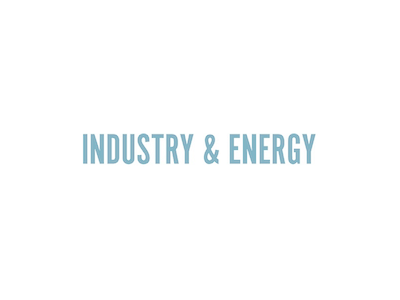Danish engineering company Haldor Topsoe releases it’s SynCOR Hydrogen technology. The company promises a CO2-capture rate of 95 percent and more. Using proven autothermal reforming technology. The solution makes blue hydrogen a bit more feasible and energy efficient.
With the increasing worldwide focus on reducing carbon dioxide emissions, industries need effective ways to make this happen – rapidly and at acceptable cost. New chemical, refinery and steel projects need to take these concerns into account in their design, while existing plants want to avoid the effects of regulatory limitations on greenhouse gas emissions.
The costs and other penalties associated with CO2 emissions are almost certain to proliferate and accelerate. And companies need to be ready to deal with these new – and probably substantial – additional costs of doing business. Furthermore, companies that reduce their CO2 footprints in innovative, cost-effective ways will be able to benefit from sales of CO2 allowances. As well as other additional revenue streams.
Blue hydrogen
Blue hydrogen is also an effective, near-term solution in the likely global transition towards green hydrogen configurations in which hydrogen is generated by renewable energy sources – thus doing away with carbon emissions in the first place, and eliminating the need for costly remedial efforts. Proven-technology advantages Topsoe blue hydrogen solutions – based on SynCOR autothermal reforming technology – provide the big benefits of substantial CO2-reduction results at scale, via well-proven technology.
This is ideal for medium-to-large facilities, paving the way to big ‘bang for the buck’ decarbonizing results. Steam reforming is a well-proven, thoroughly de-bugged technology that’s in widespread use worldwide. Autothermal reforming results in higher CO2 capture percentages and is more economical, and therefore has great potential for debottlenecking existing facilities as well as configuring new, effective blue hydrogen production plants.
Lower requirements
With the phasing in of the new EU CertifHy hydrogen certification scheme, companies producing and selling hydrogen will also be able to benefit from premium hydrogen prices.
SynCOR Hydrogen solutions make it entirely feasible to capture more than 95 percent of the CO2 emissions from your chemical plant, refinery or steel plant operations. Other benefits include lower requirements for feedstocks and water, thus reducing supply-chain vulnerabilities as well as pushing back operating costs.





